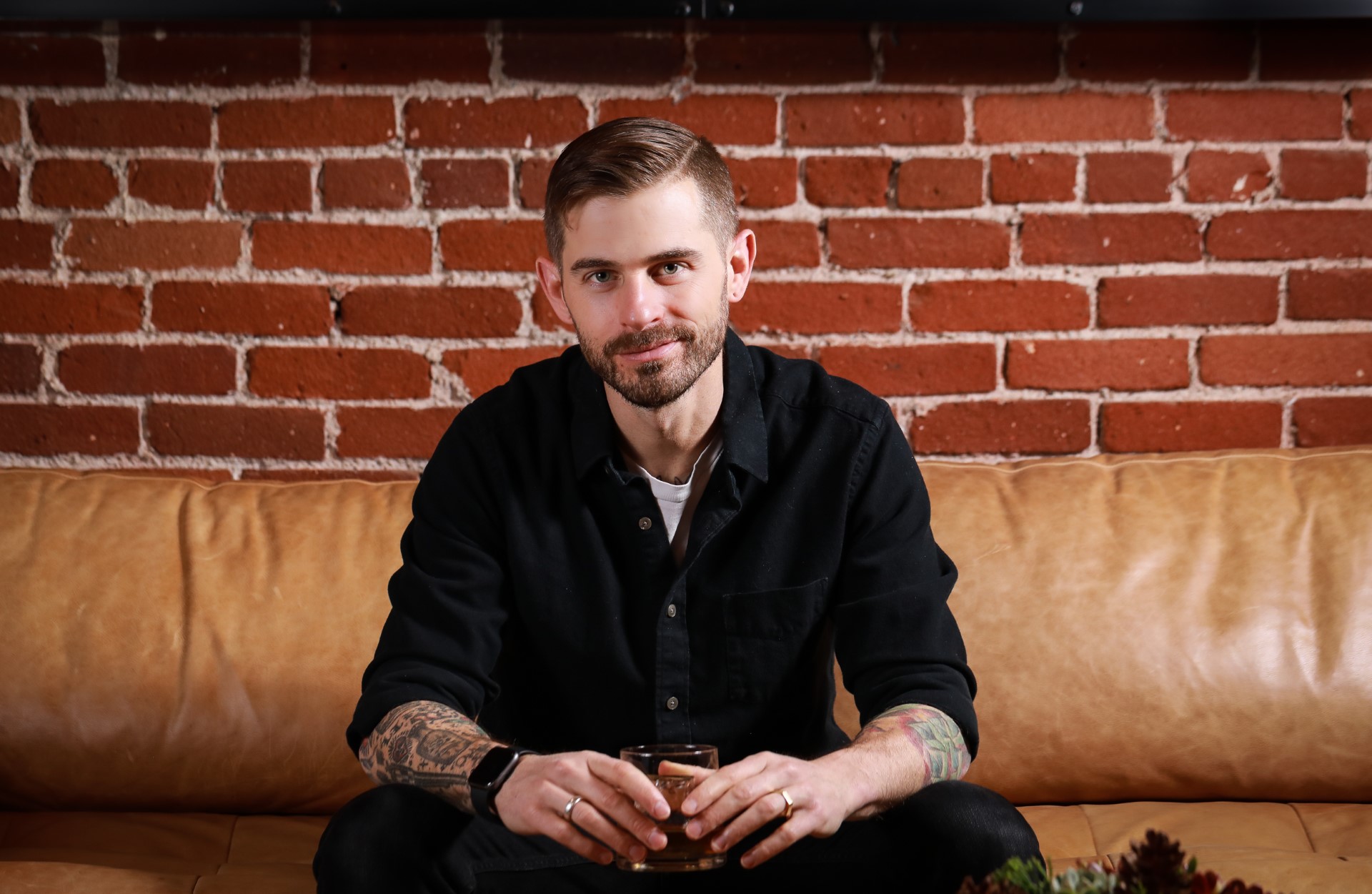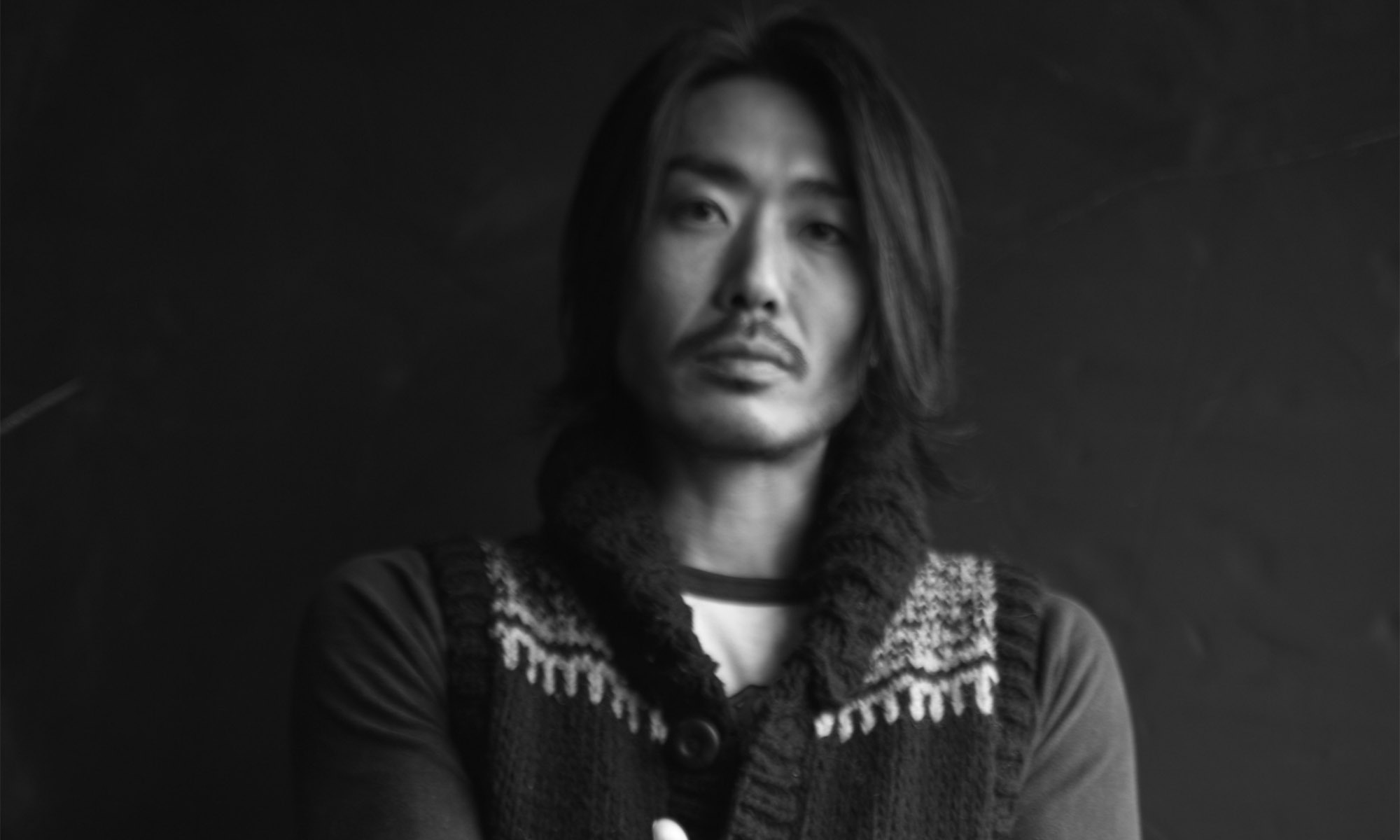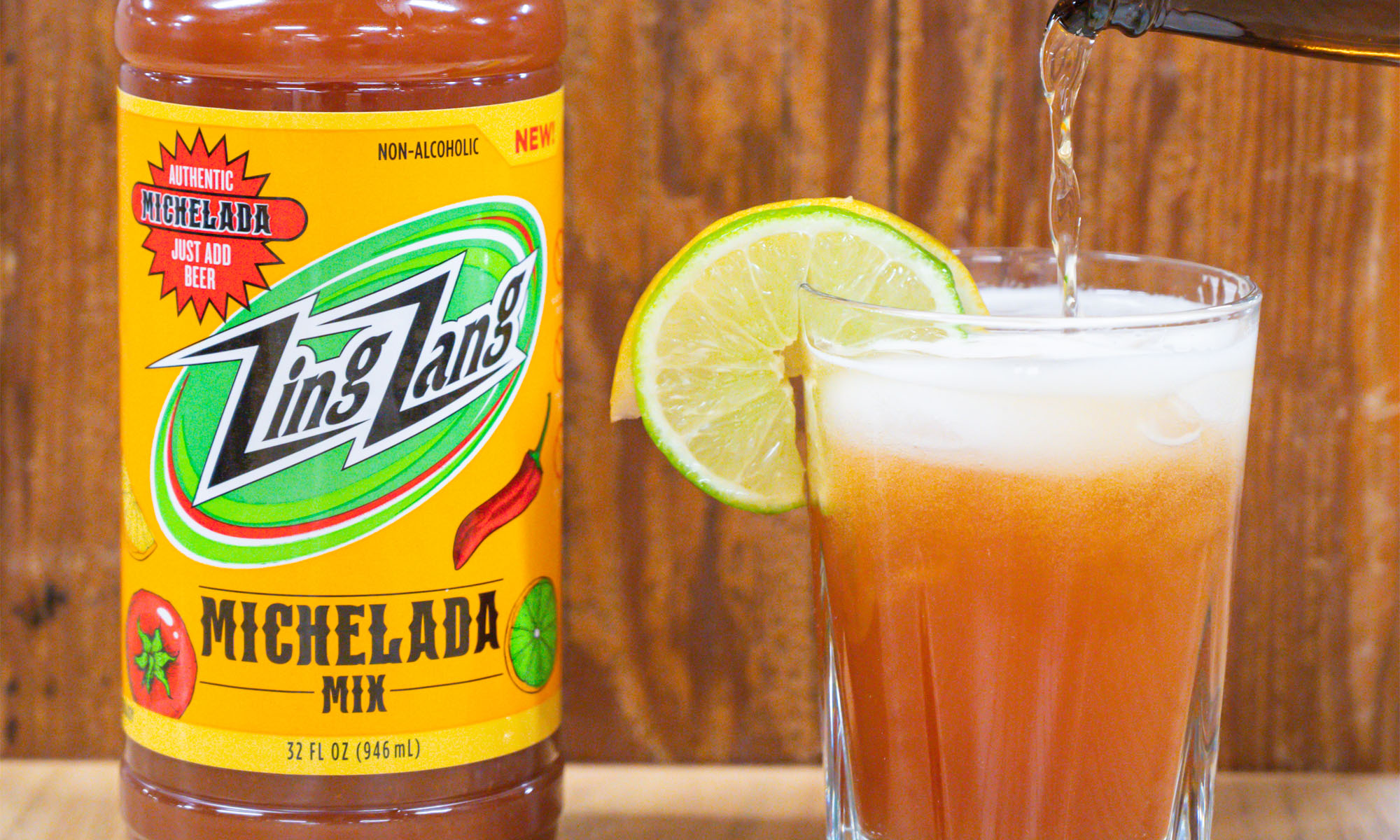Ask a Bartender: Is Your Relationship with Alcohol Healthy? Here’s how to tell
By Rob LeDonne
Most things in life require balance, especially when it comes to enjoying cocktails.
However, how does one maintain a healthy relationship with alcohol when it’s their career? Kenneth McCoy, a bartender and the chief creative officer at New York City’s Rum House since 2011, believes it involves moderation inside the bar and plenty of healthy activities outside of it.
“Since I’ve been around it my entire life, maintaining a healthy relationship with alcohol is easy for me,” explains McCoy, who grew up the son of a bar owner and has previously worked at Big Apple locales, including Dylan Prime and Grace & Ella. “When you no longer can function without having a drink, that’s a clue. Or when you’re hurting the people around you, and I don’t mean physically but mentally by the state you put yourself in while drinking. You don’t need to be falling down drunk to be an alcoholic. I believe there are many types.”

Kenneth McCoy Bartender La Ventura
“You don’t need to be falling down drunk to be an alcoholic. I believe there are many types.”
According to the CDC, binge drinking (which is defined as downing five or more drinks for men or four or more for women) is one of the most widespread issues concerning alcohol, with statistics showing one in six Americans binge drink on average of four times a month.
McCoy also points out that one of the most enjoyable ways to keep a healthy balance in check is by simply taking a momentary break from booze. “And I don’t mean just a dry January,” he notes. “I’m talking about going three, four, or more months off of it. It really is a refresher.”
In addition, McCoy also says an active lifestyle outside the bar helps keep both his mind and body in check. “Staying healthy for me is working out as much as possible,” he explains. “I like to do yoga or hit a boxing class. I also try to get to the gym five days a week.”
5 Signs You Might Have a Drinking Problem
- Personality Changes: When you hear from friends and family that you are an extremely different person when you drink from when sober, it may be a problem. Of course, some people may become loud and boisterous when drinking, but extreme shifts in personality are problematic.
- Memory Loss: Blacking out while drinking is not the same as passing out. A “blacked out” drinker is a person who is conscious the entire time while they are partying but, in retrospect, will not remember what they did the next day.
- Social life = alcohol: While having a drink or two with friends or colleagues may not be a problem; if you do not see the fun in social situations that do not involve alcohol or mostly socialize only around drinks, it may not be a good sign.
- Drinking Alone: if you find you drink alone often, this may be a sign of a deeper psychological or emotional issue. Drinking to cope with unwanted feelings or emotions is not healthy behavior.
- Drinking Without Regard to Consequences: When done in moderation and responsibly, drinking can be a safe social activity. If your drinking is interfering with work, relationships, and other life choices, yet you continue to drink anyway, you should evaluate your behavior and possibly seek help before experiencing negative ramifications.
If you think you do have a problem with alcohol, support groups such as Alcoholics Anonymous can help, or you can find professional counselors, therapists, or inpatient rehabilitation programs at the National Institute on Alcohol Abuse and Alcoholism.








